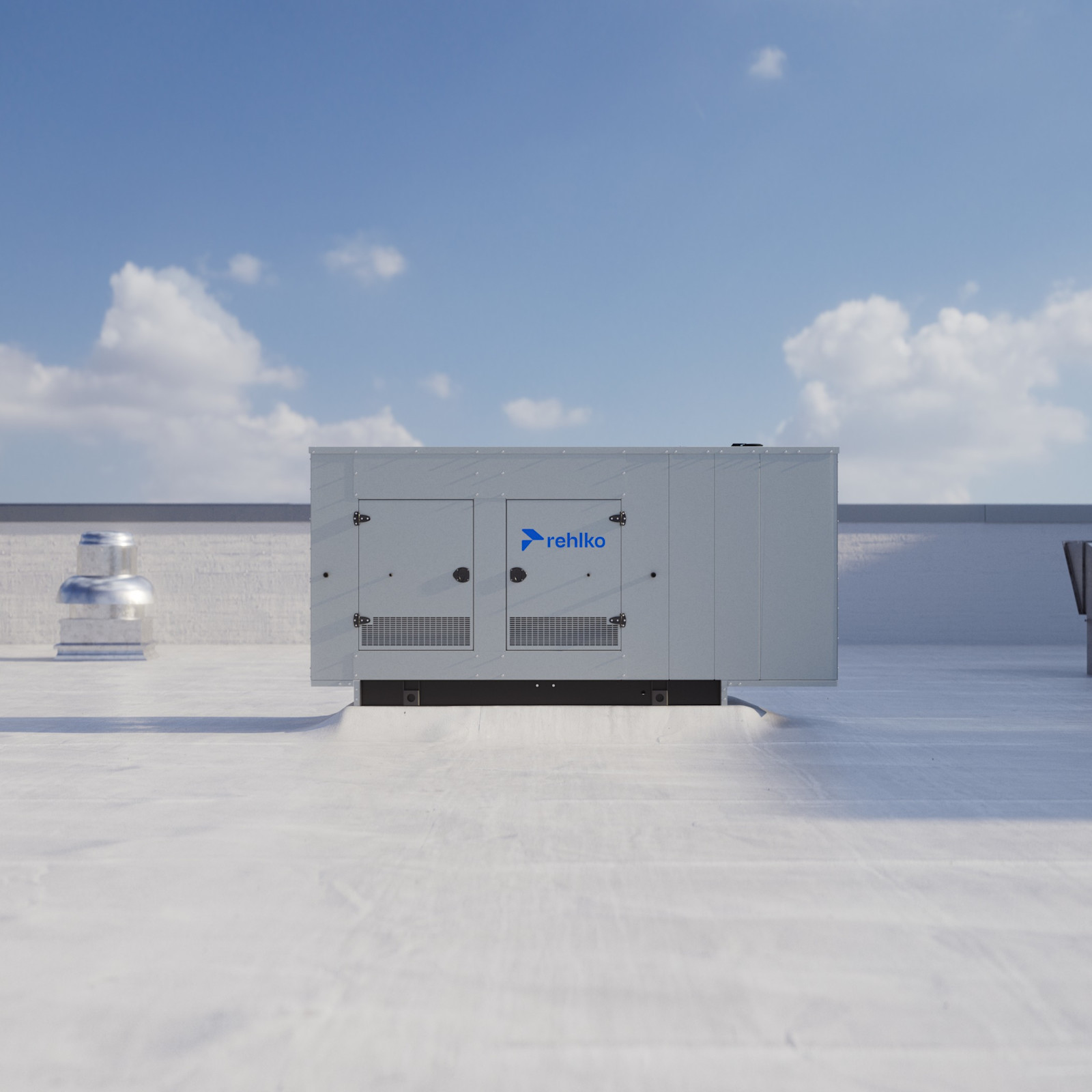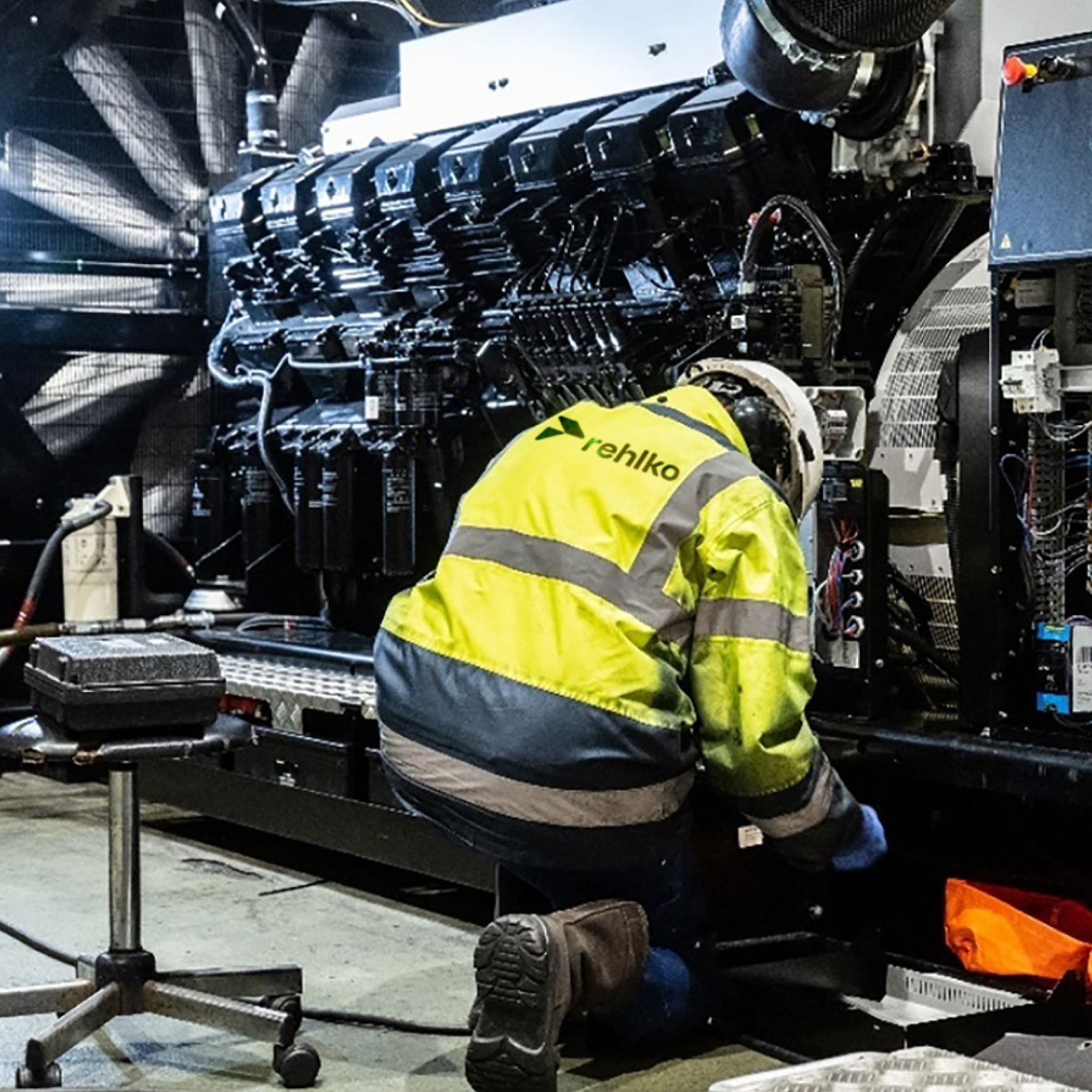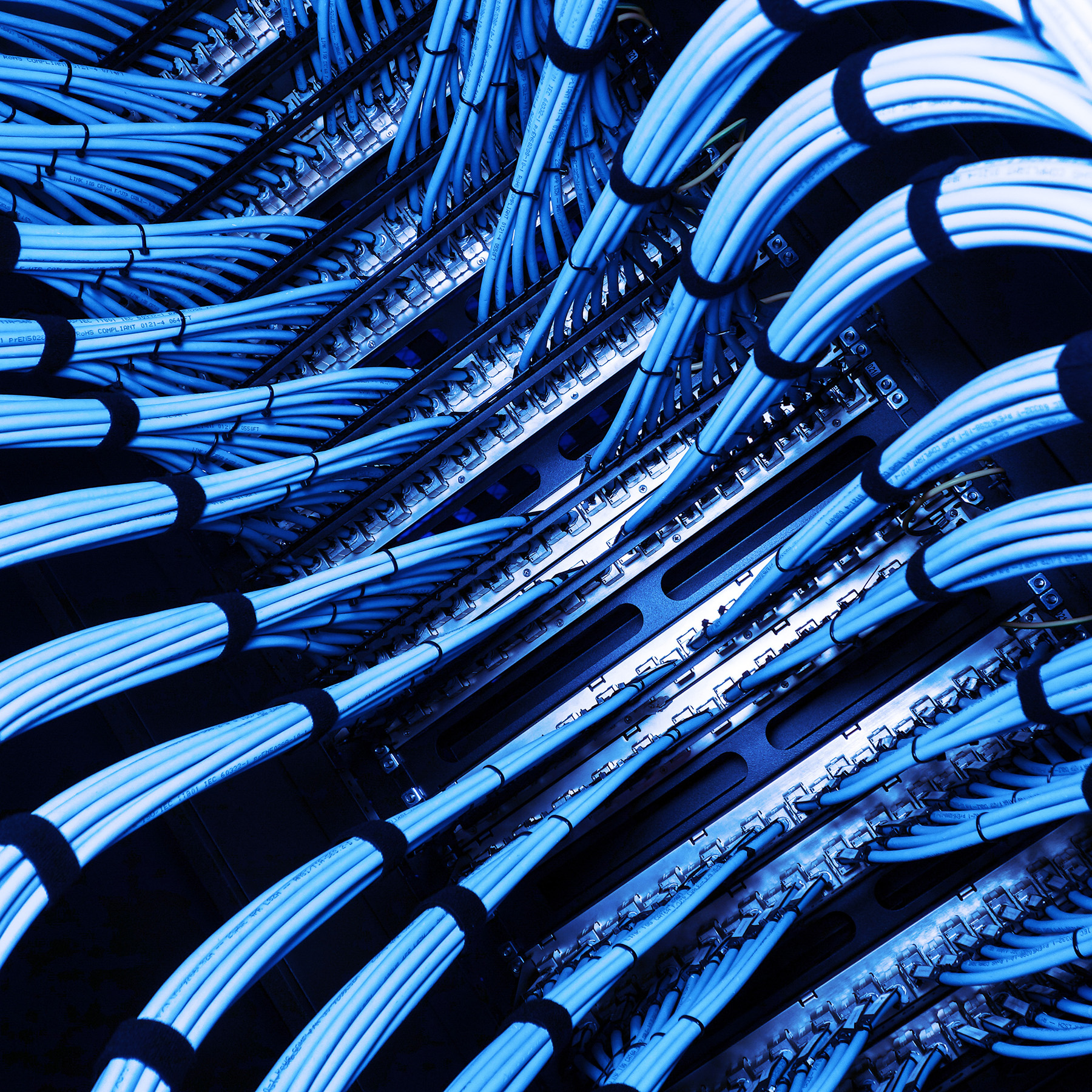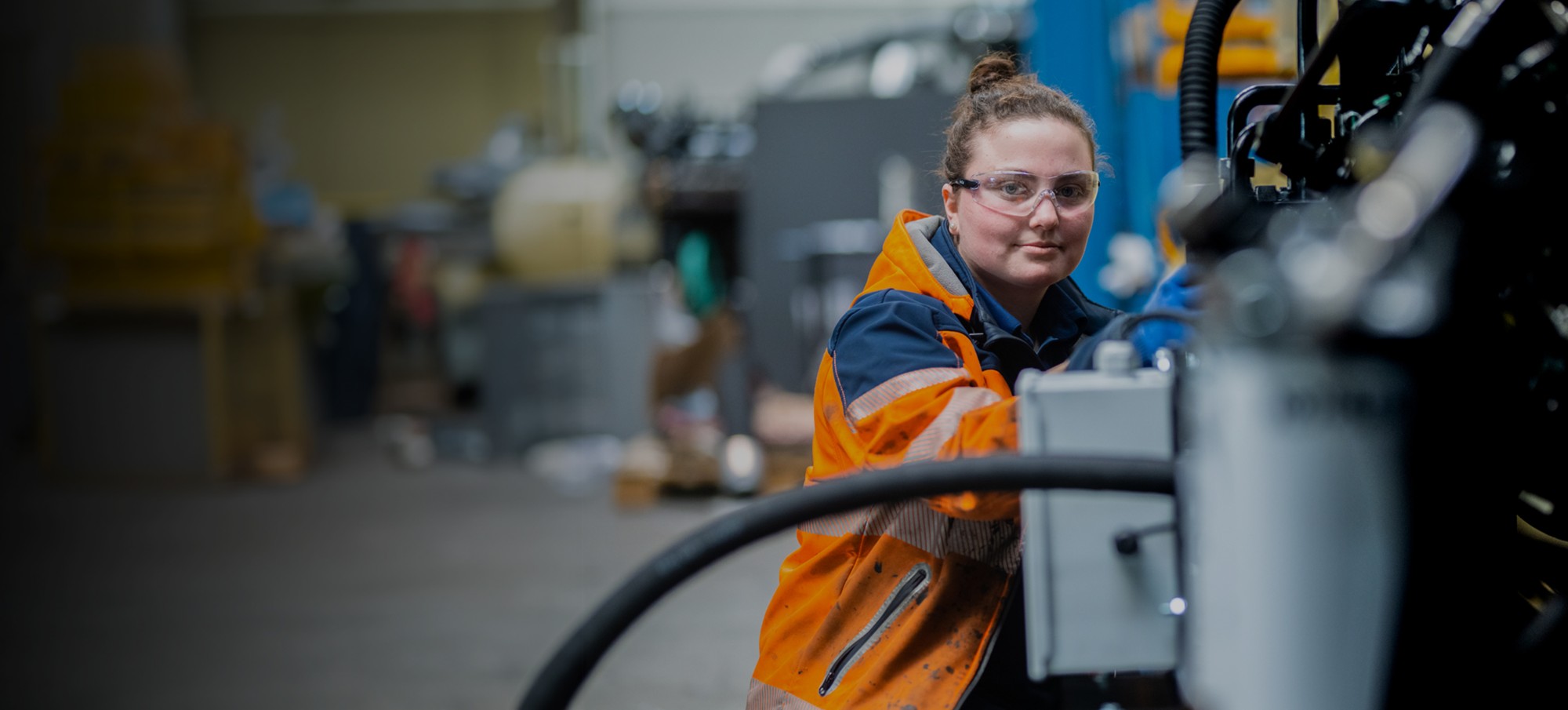The Ultimate Guide To Finding The Right Generator Manufacturer
 Print
PrintRehlko: Your partner of choice
Understanding power needs, types of generators, energy consumption: these are some of the factors involved in selecting the right generator manufacturer.
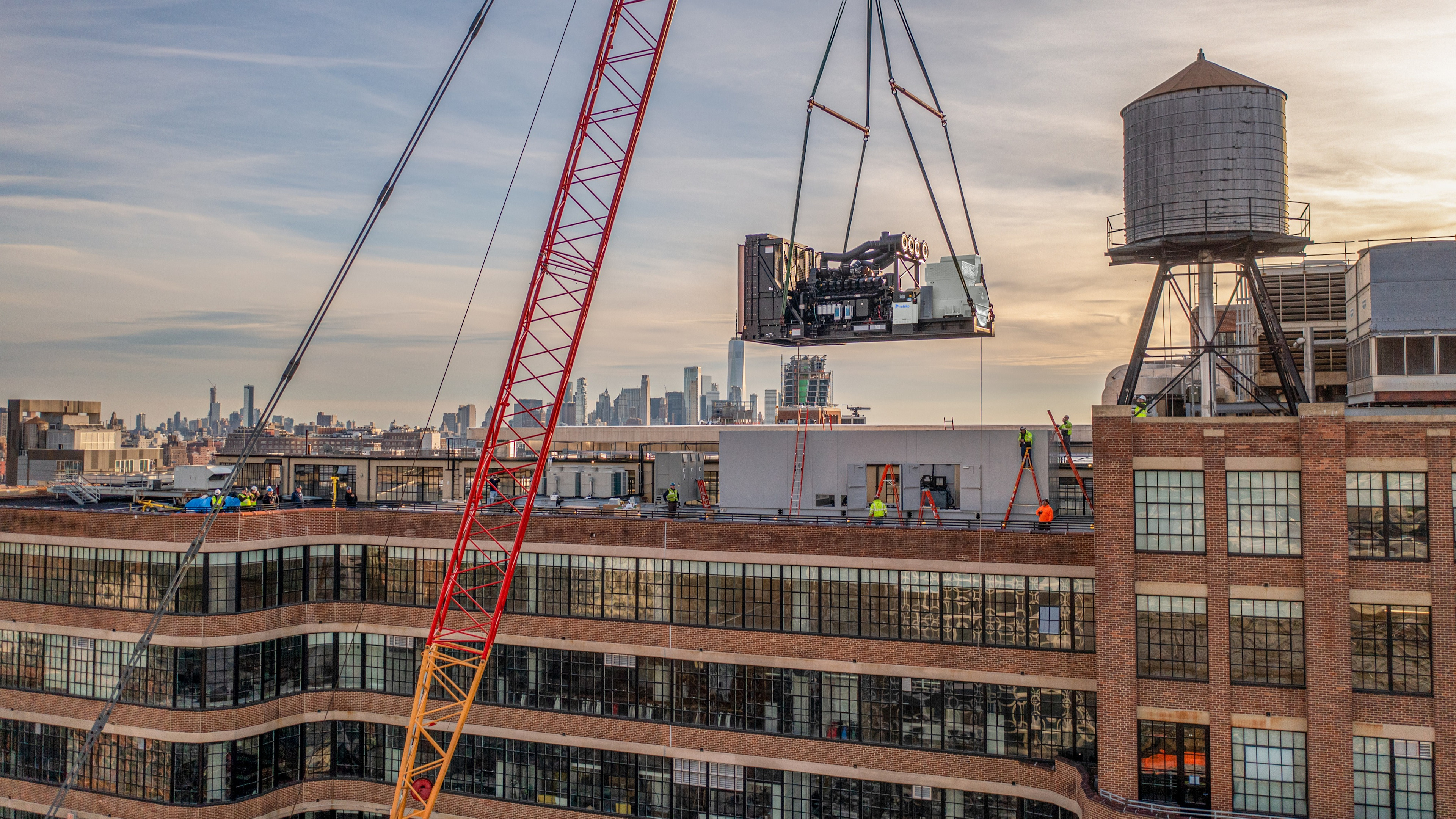
The world runs on resilient power. From businesses and hospitals to government agencies and institutions, access to reliable and sustainable power is essential for mission-critical operations.
Yet in the US, like many other parts of the globe, grid outages are an undeniable reality. In such circumstances, a robust backup system is one of the fundamental components in a 24/7 power-resilient world.
That's where generators come in. These tried and trusted energy sources come online in seconds, providing end users with continuity and peace of mind.
Understanding your power needs
Given the high stakes, finding the right generator manufacturer is crucial. From the outset, an experienced and knowledgeable partner can help understand power needs by weighing essential factors such as required output ratings (kW), runtime, frequency, voltage, sound levels, and fuel storage. Each of these parameters can significantly influence generator selection.
The complex area of load transfer is a case in point, having grown more intricate with the advent of capacitive loads and the expansion of power networks. The right generator manufacturer and sales and service partners should have in-house knowledge to solve these complexities, ensuring the chosen generator system can handle all scenarios, from the initial surge of inrush current to the delicate balance of sensitive loads.
Just as important in the selection process of associated equipment, such as Automatic Transfer Switches (ATS), which automatically shifts the electrical load to the generator during a utility outage. Again, a generator manufacturer or their partner should be able to recommend the most suitable ATS application, enhancing reliability and ensuring code compliance.
Types of generators available
So, let's look in greater detail at the types of generators available and some of the key features they provide before offering tips on finding the right manufacturer.
Fuel availability and storage capacity provide a practical starting point. Many industrial generators in the US are powered by diesel, but natural gas, propane, and renewable fuels such as hydrotreated vegetable oil (HVO) are also part of the mix.
Rightsizing the generator is critical: too small and it won't be capable of powering all of your equipment, too big and it will be inefficient. A trusted manufacturer will help establish the starting and running power needed.
Typically, generators can also be configured to produce either single-phase or three-phase power, depending on the electrical load requirements and the distribution system they are intended to serve.
Key features to consider
Other factors, such as fuel consumption, need to be considered. The latest high-technology common-rail injection engines can deliver exceptionally low fuel consumption, commonly measured in kilowatt-hours per gallon(kWh/g). Meanwhile, engine optimizations, modern electronic engine controls and highly efficient cooling systems also contribute to reducing fuel consumption.
Noise is another significant factor effectively managed by generator manufacturers as it is a pollutant and health concern. They employ various mitigation techniques, such as fully sound-attenuated enclosures. These enclosures can reduce noise emissions to levels so low that normal conversation is possible even when standing next to a fully loaded generator, ensuring compliance with strict property noise regulations.
Then there is environmental compliance. In the US, industrial generators must operate to stringent emissions standards, according to national and regional regulations. Emission levels can be controlled using the latest advanced emissions control technologies and exhaust after treatment.
Finally, total cost of ownership is key. Maintenance can represent a significant percentage of an industrial generator's overall costs. Many users can have multiple units on site, so effective maintenance programs achieved through manufacturer partner service contracts are crucial for making sure that the generator is well maintained for reliable, cost-effective operations.
Choosing the right manufacturer
Specifying the right generator involves oversight of many complex and interconnected factors. The following checklist acts as a starting point when navigating supplier selection.
Make sure it's a reputable manufacturer with a long history of excellence in the industrial generator market.
Consider factors like product range and pricing.
Request quotes and compare offers.
Check for certifications and accreditations.
Inquire about installation and maintenance services.
Establish the details of warranty and local service area coverage.
Why Rehlko is the partner of choice
Fortunately, some manufacturers can tick every box. Rehlko, formerly Kohler Energy, has over a century of experience in the power market. With a comprehensive product range from 15 to 4000 kW, Rehlko has a broad portfolio of industrial generators, to suit all applications.
From initial contact through planning, project execution, and service, Rehlko and its distributor/ dealer partners are readily available to guide you through the process. Our power systems comply with relevant certifications and accreditations, ensuring reliable and safe operation throughout the lifecycle.
In short, Rehlko and its distributors can meet every need. We are the partners of choice for industrial power systems–now and in the future.
